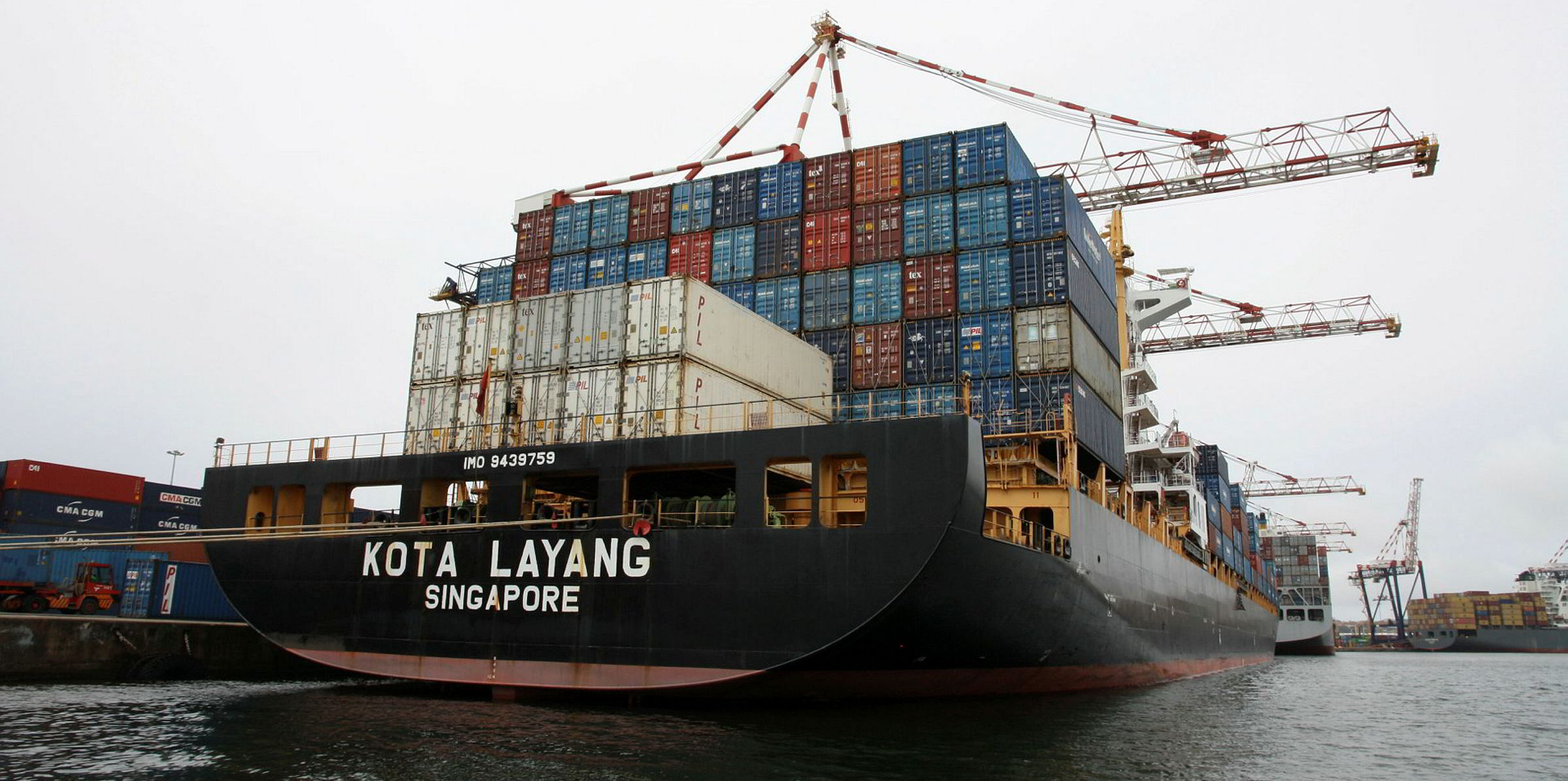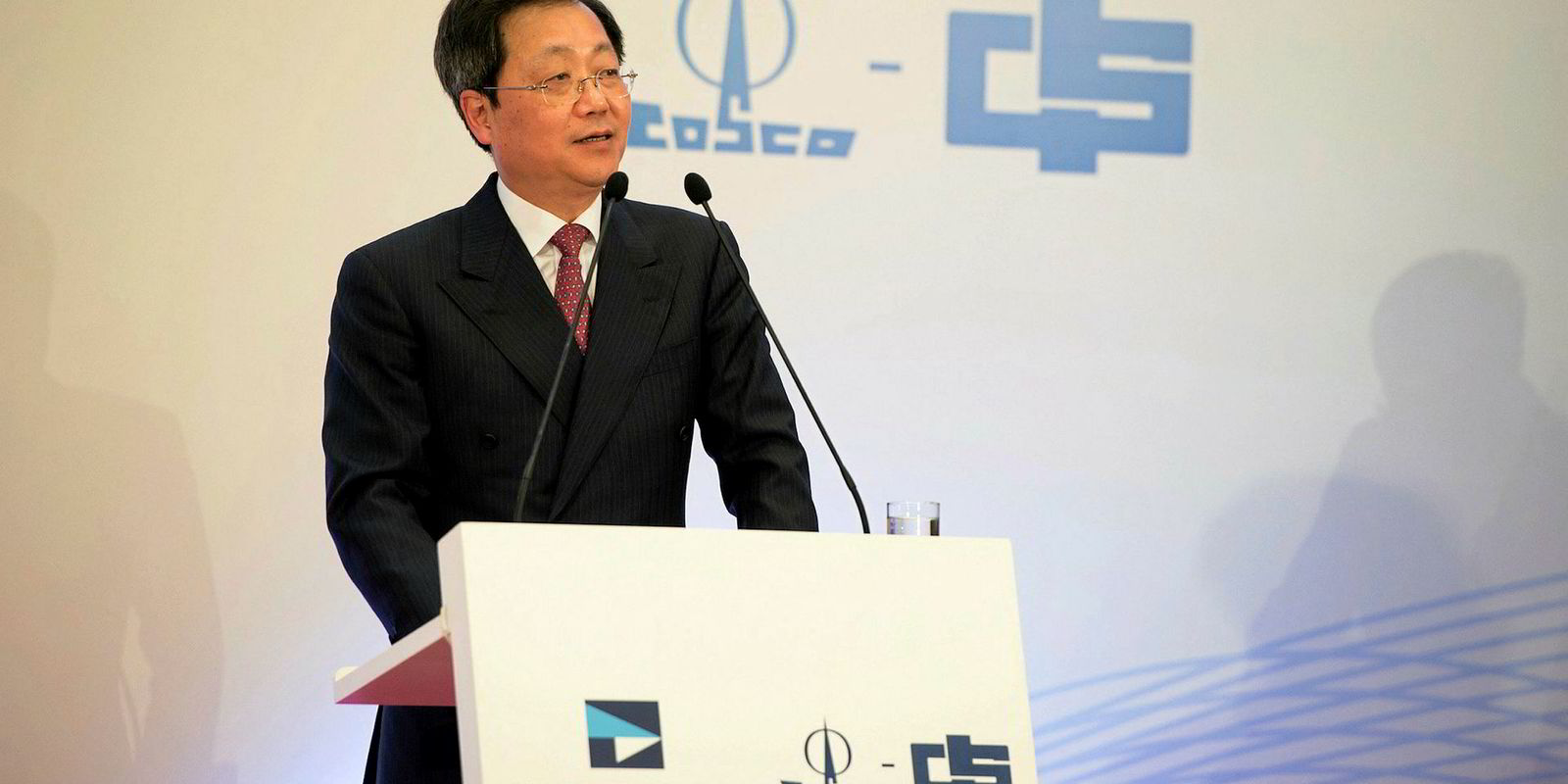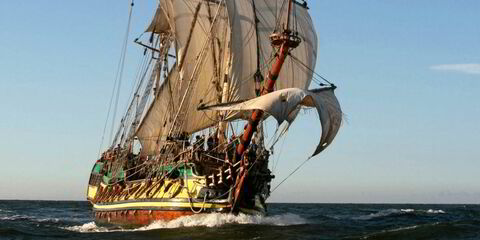Containership lines are drifting back to West Africa trades, despite a drop in freight rates and serious congestion in some of its major ports.
This week, Hong Kong's Orient Overseas Container Line will enter the Asia to West Africa trade by taking slots on a service operated by sister company Cosco Shipping Lines.
Separately, Hapag-Lloyd is poised for a November launch of a second North Europe-West Africa weekly link focusing on Senegal and Mauritania, with Arkas Line taking slots on a service using four 1,700-teu vessels.
The moves come amid signs of a rebound in container volumes to West Africa.
This has affected freight rates on the benchmark route from Shanghai to Lagos.
These hit a five-year high of nearly $4,000 per 40-foot (feu) container in June and July, although they slipped back to around $3,230 per feu in September.
The trade remains volatile, but rates are still relatively healthy compared with 2016, when they slumped to $1,400 per feu, according to Drewry research manager Simon Heaney.
Congeston and labour disputes
Lines are stepping up their involvement in West Africa at a time when port congestion and labour disputes in Nigeria are causing big problems.
On Monday, CMA CGM cited the “challenging operational environment and situation in Nigeria” as reason for changes to a key Asia-West Africa service, which operates with Maersk Line. Port calls to Lagos were rejigged and some containers transshipped.
Dynamar’s latest review of the West Africa container trades cites the rising crude oil price as “bringing investors back” to the key economies in the region.
It expects container volumes to West Africa to grow by 5% to 4.3 million by 2021, compared with just 1.4% from 2013 to 2017.
But Alphaliner deems OOCL’s move into the West African trade part of a strategy to create synergies on north-south trades after Cosco’s acquisition in July of Orient Overseas (International), the parent company of OOCL.
Similar arrangements
The development follows similar arrangements on the Asia-East Africa trade, implemented in September, and on the Asia-West Coast South America route made in October, it says.
Capacity on the Asia-West Africa trade tightened following a decision by Maersk Line in February to suspend a weekly service using 11 vessels of 4,000 teu serving Senegal, Mauritania and Benin.
The entrance of OOCL as a slot-charter on services operated by Cosco is unlikely to generate overcapacity on the trade, although that would be a concern if OOCL were to deploy its own vessels.
Analyst Drewry argues that lines have learned from their mistakes towards the end of last year, when operators took advantage of growing demand but added too many ships and saw utilisation and freight rates tumble.





